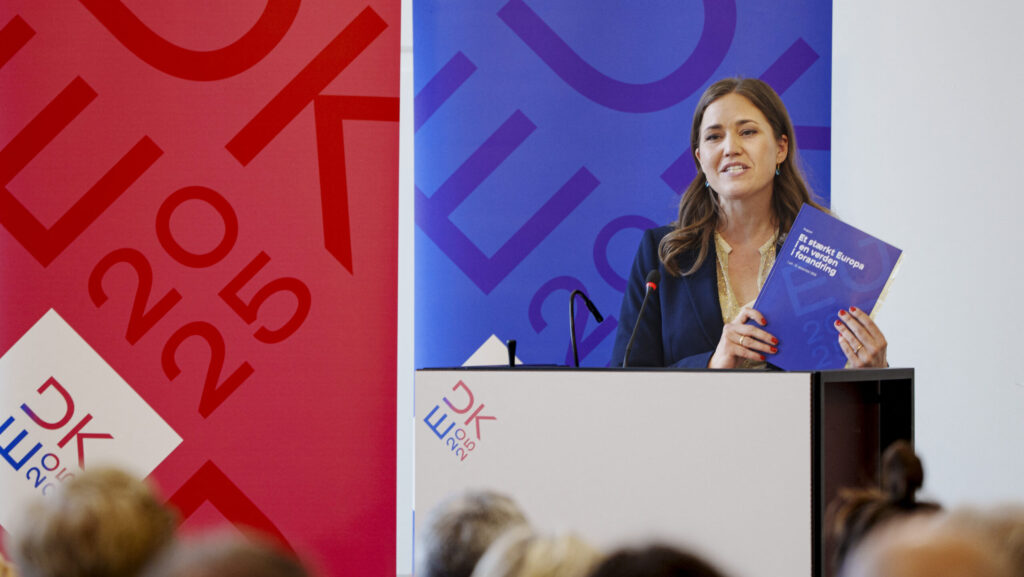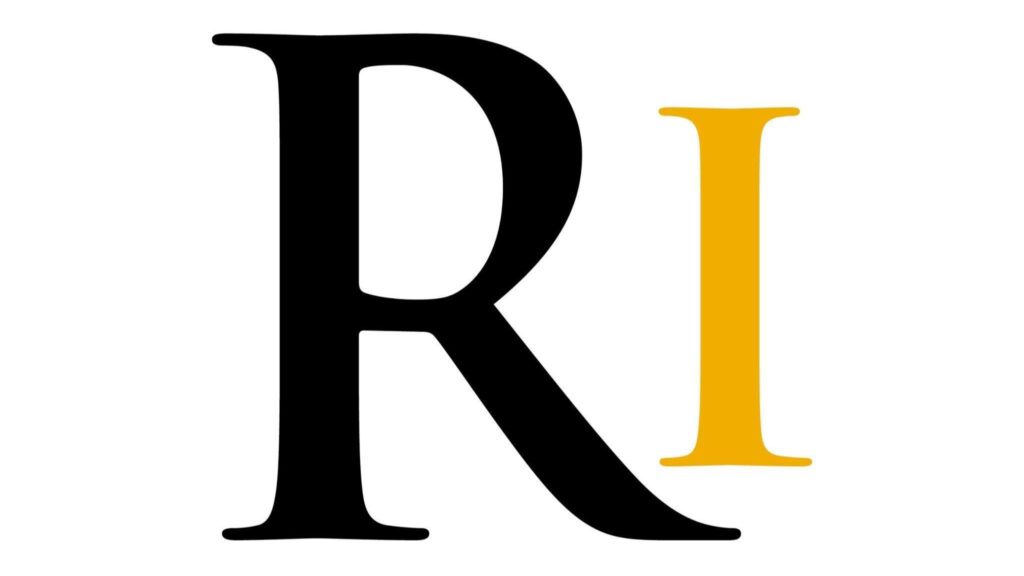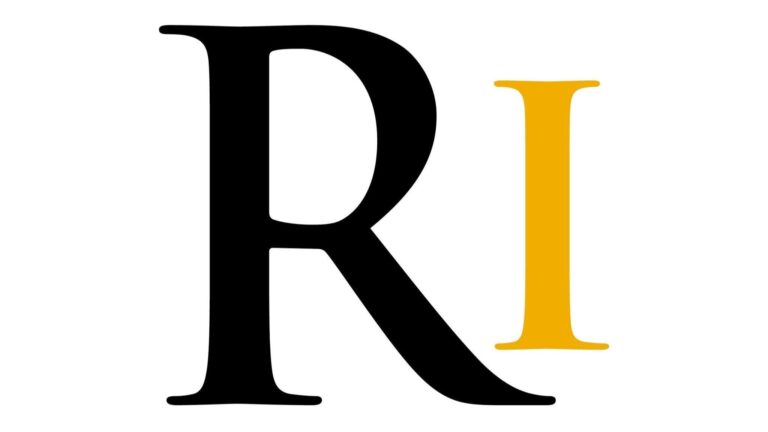Published in JCO Precision Oncology, the scientific journal of the American Society of Clinical Oncology (ASCO), a study by a team led by Csaba Kerepesi, a researcher at the Artificial Intelligence Research Laboratory of the HUN-REN Computer and Automation Research Institute, demonstrated that the occurrence of autoimmune side effects during cancer immunotherapy correlates with the tumour’s immune microenvironment, particularly the emergence of new antigens during tumour mutations, and the number of CD8+ T-cells infiltrating the tumour.
T-cells play a crucial role in recognizing and destroying foreign (ie cancerous or infected) cells, distinguishing them from healthy cells through new antigens. Consequently, the results indicate that the greater the difference between cancer cells and healthy cells, the stronger the autoimmune side effects of cancer immunotherapy, as the immune system increasingly targets healthy cells as well.
In the fight against cancer, immunotherapy stands as one of the most successful treatments, honoured with the 2018 Nobel Prize in Physiology or Medicine awarded to James P. Allison and Tasuku Honjo. Drugs inhibiting immune checkpoint pathways have revolutionized oncology by stimulating the immune system, releasing its brakes. However, this unleashing of immune response may also result in extensive autoimmune side effects, affecting not only tumours but also vital healthy organs. These side effects deteriorate the patients’ quality of life, often necessitating treatment interruption. A better understanding of the mechanisms behind these side effects could greatly contribute to making therapy safer and more effective.
In a previous study, Csaba Kerepesi, Tibor Bakács, and their colleagues demonstrated that
immunotherapy side effects are more frequent in tumours with higher mutation rates.
In this study, conducted in collaboration with American partners, the two researchers further investigated the relationship between the tumour microenvironment and immunotherapy side effects. Kerepesi analyzed more than 10 million reports from the FDA Adverse Event Reporting System (FAERS) involving 58,961 patients treated with checkpoint inhibitors. These patients’ data, along with those from The Cancer Genome Atlas (TCGA), underwent bioinformatic analysis for 33 types of cancer. Autoimmune side effects were most common in melanoma and lung cancer, which exhibit the highest number of mutation-induced new antigens. These findings corroborated a new immunological theory developed by Tibor Bakács and colleagues in 2007. Contrary to the prevailing consensus that the immune system evolved to combat infections, the Hungarian theory posited that evolutionary pressure aimed to control mutations inducing cancer cells. According to this theory, the immune system only needs to recognize its own cells to attack foreign cells, distinguished by new antigens.
Therefore, the results of this study support the most important hypothesis of the theory of Bakács Tibor and his colleagues, that is, that
the immune system continually monitors its own cells.
Consequently, the pharmacological inhibition of brakes not only enhances the destruction of tumour cells but also damages healthy tissues. Hence, the medical challenge lies not in suppressing the autoimmune reaction responsible for destroying tumours with steroid drugs but in taming it with low-dose therapy. Collaborators in the study included researchers from Semmelweis University, the National Cancer Institute (NCI) in the United States, and the universities of Harvard, Yale, and Oklahoma.
Related articles:
Sources: Hungarian Conservative/HUN-REN/MTI








